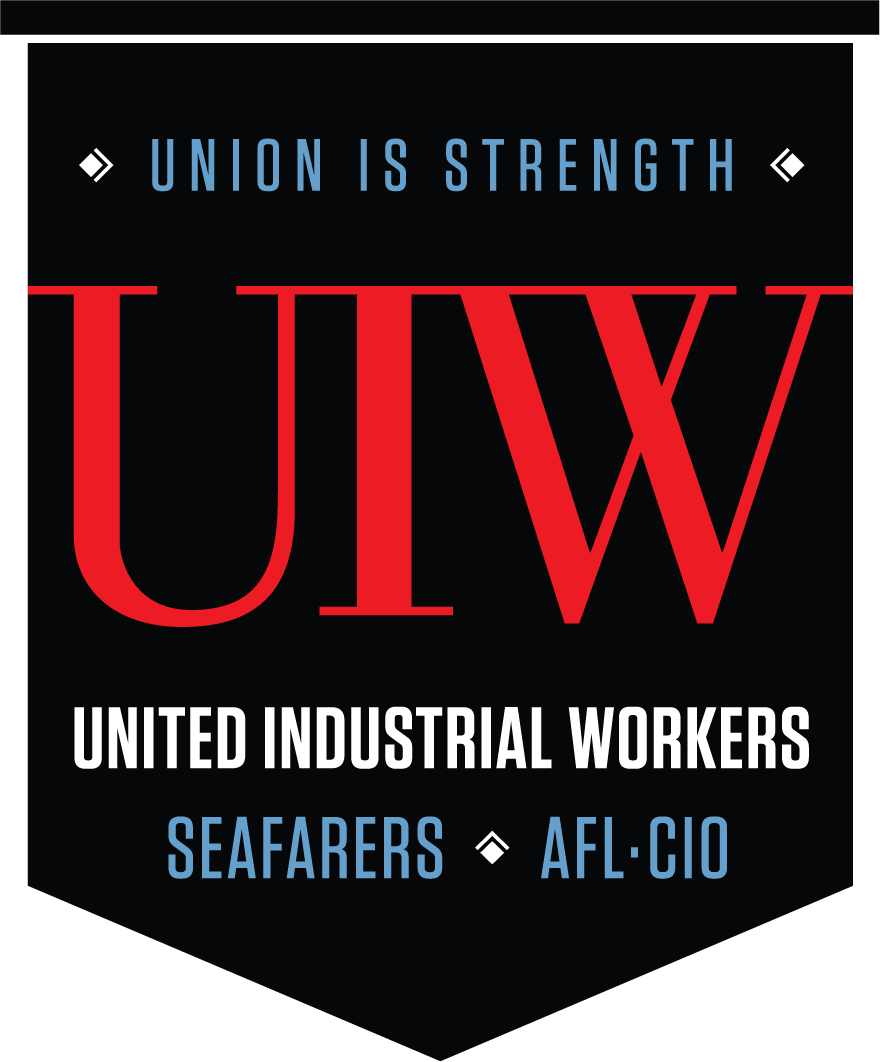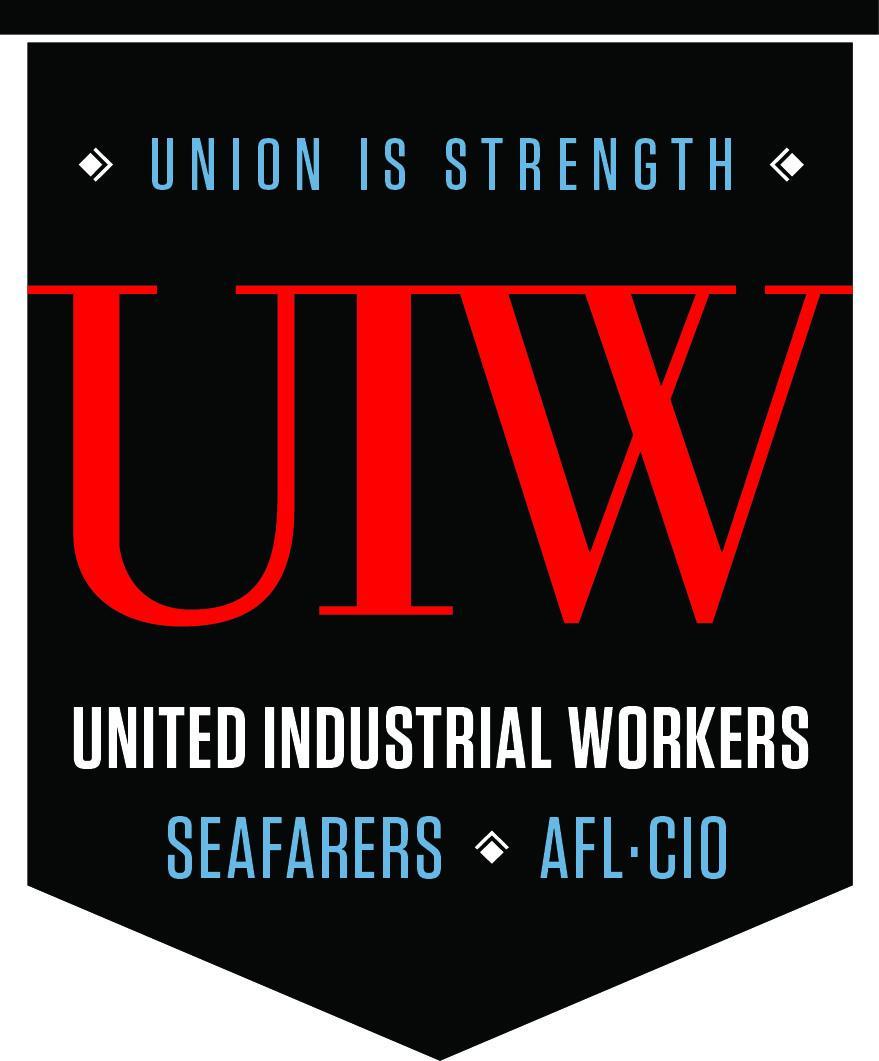The following statement was issued by Heidi Shirholz, president of the Economic Policy Institute, on April 23, 2024.
Today, the Federal Trade Commission voted to issue a rule declaring that most noncompete clauses in employment contracts are unfair methods of competition. This is an important step toward fostering fair competition and empowering U.S. workers.
Noncompete agreements are employment provisions that ban workers at one company from working for, or starting, a competing business within a certain period of time after leaving a job. These agreements are ubiquitous. EPI research finds that more than one out of every four private-sector workers—including low-wage workers—are required to enter noncompete agreements as a condition of employment.
The only source of leverage nonunionized workers have with respect to their employers is their ability to quit and take a job somewhere else. Employers are using noncompete agreements to cut that source of worker power off at the knees. The research on the economic impact of noncompetes is clear—by keeping workers from finding better opportunities, they reduce wages and reduce the formation of new firms. In other words, by restricting employees from joining competitors or starting their own ventures, noncompetes impede not only individual career and wage growth but also the dynamism of the broader economy.
It’s worth noting that employers do not need noncompetes to protect their trade secrets—for example, intellectual property law already provides significant legal protections for trade secrets. Noncompetes have been unenforceable in California for decades without keeping that state from becoming a leader in tech innovation. The fact that noncompetes are often bundled with other employer practices like nondisclosure, nonsolicitation, nonpoaching, and mandatory arbitration underscores that the purpose of noncompete agreements is to restrict employee options, not protect trade secrets.
Noncompetes are about reducing competition, full stop. It’s in their name. Noncompetes are bad for workers, bad for consumers, and bad for the broader economy. This rule is an important step in creating an economy that is not only strong but also works for working people.

